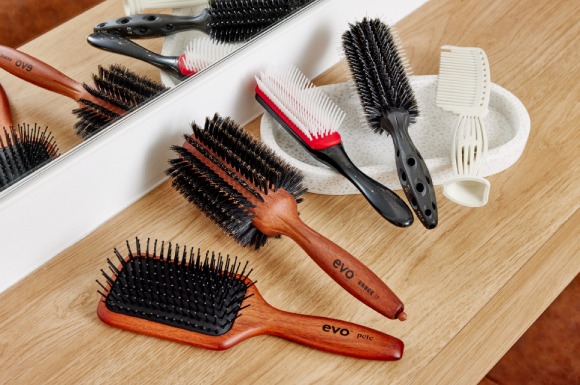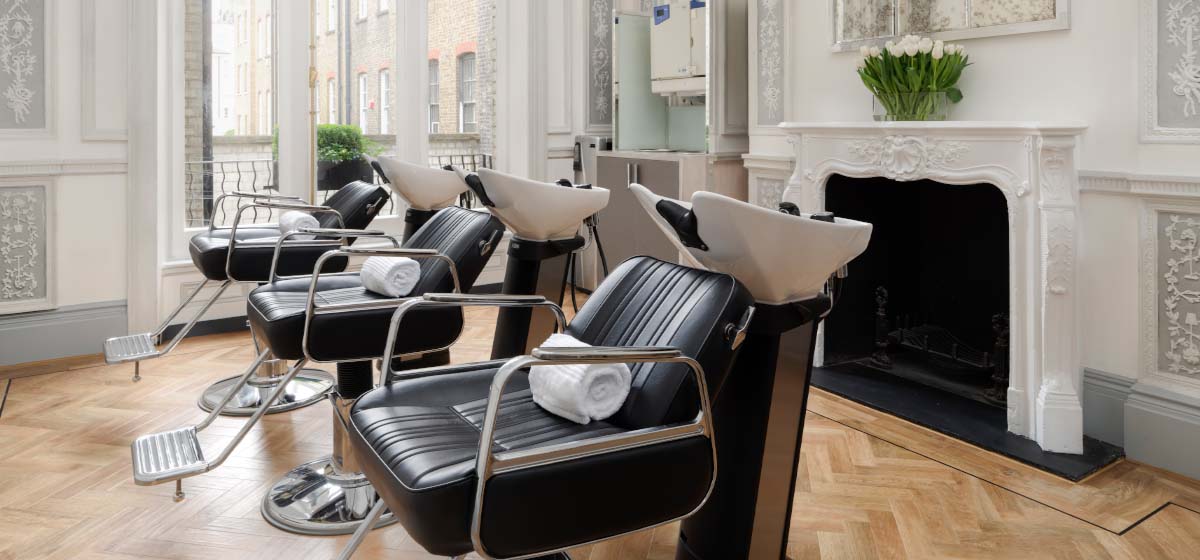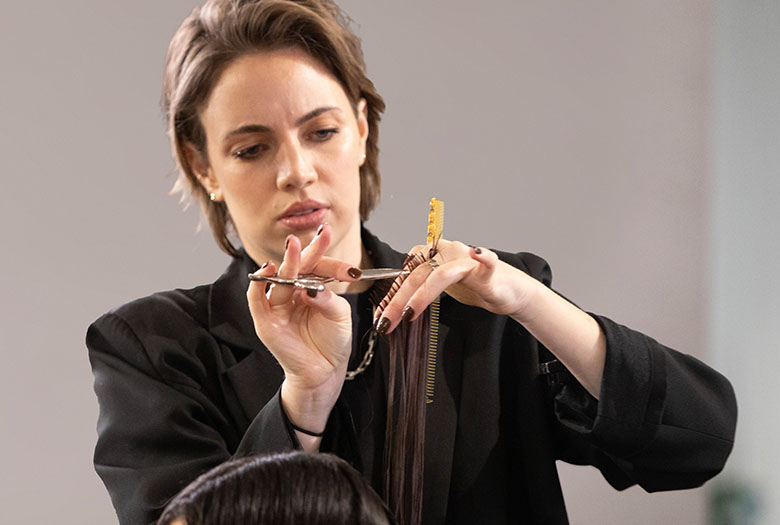GOLDEN RULES OF (TAX CLAIM) DEDUCTION
It pays (literally) to be on top of your taxes. As a hair professional and/or salon owner, it’s important to research and understand what expenses you can and can’t claim. You may find you are eligible to make some extra tax-related purchases before 30 June 2025.
5 COMMON TYPES OF TAX CLAIMS FOR HAIR SALONS
1. UPGRADE YOUR TOOLS AND EQUIPMENT
According to the ATO (Australian Tax Office), as an employee, you can claim a deduction for the cost of tools and equipment that you use for work.
If a work tool or equipment costs:
- More than $300 – you can claim a deduction for the cost over the asset’s useful life (depreciated over several years)
- $300 or less – you can claim an immediate deduction for the whole cost
You can also claim a deduction for the cost of any necessary repairs or maintenance of work tools and equipment.
As a salon or business owner, you can claim 100% of an asset or equipment’s cost outright only if:
- The cost of the item is under $20,000, and
- Your business turnover is less than $10 million
This applies to eligible purchases made before 30 June 2025.

However, you can’t claim a deduction if the tools and equipment are supplied by your employer or another person.
Examples of equipment include:
- Electricals (view our Professional Buying Guide for Electrical Styling Tools)
- Hair cutting tools including scissors, blades, and razors
- Brushes
- Combs
- Hair removal tools
2. PROFESSIONAL STOCK
Professional stock may be outright deductible where:
- The business has less than $50 million in turnover for the year, and
- The business estimates that the total value of trading stock on hand has changed by less than $5,000 over the financial year
If this threshold is exceeded, stock is only deductible at the time it is sold.
3. CLOTHING EXPENSES AND LAUNDRY
You can claim a deduction for the cost of buying, hiring, mending, or cleaning specific uniforms that are unique and distinctive to your job (e.g. contain a business logo or name).
You can also claim a deduction for protective clothing such as aprons, face masks, and gloves if your employer requires you to wear them.
You can’t claim a deduction if:
- Your employer buys, mends, or cleans your clothing
- You buy or clean plain clothing (e.g. a plain black shirt), even if worn only at work
- You purchase personal grooming or beauty products, even if your employer tells you to use them
Laundry claims:
You can claim a deduction for laundering unique/distinctive or protective work clothing (even if supplied by your employer):
- $1 per load if it only contains qualifying work clothing
- $0.50 per load if mixed with other personal items
 4. SELF-EDUCATION AND STUDY EXPENSES
4. SELF-EDUCATION AND STUDY EXPENSES
You can claim education expenses if your course directly relates to your current job and:
- Maintains or improves skills/knowledge needed in your current role (e.g. colouring, cutting, styling courses available in our Studio Courses)
- Results in or is likely to increase income from your current employment
Top courses for 2025 include:
Note: If you're an employee, the first $250 of self-education expenses is generally not deductible.
5. TRAVEL EXPENSES AND CAR EXPENSES
You can claim certain costs if you're required to travel away from home overnight for work or business purposes. e.g. mobile jobs, conferences, seminars, training, or industry promotions.
This could include meals, accommodation, and incidental expenses that come out of your pocket.
You can’t claim if:
- The travel is paid for or reimbursed by your employer or another person
- You receive a travel allowance without meeting ATO deduction criteria
You must prove:
- You were away overnight
- You paid the expenses yourself
- The travel was directly related to earning your income
You can generally claim car usage when driving:
- Between separate jobs on the same day (e.g. from one salon to another job)
- To/from an alternate workplace for the same employer
- For business-related trips such as to suppliers or short training sessions
Employees can claim car expenses using:
- The cents-per-kilometre method
- The logbook method
More information is available at the ATO website.
We hope this general summary will help when budgeting for your salon. We highly recommend you seek professional advice from your accountant or the ATO website can provide tailored advice for you and your salon. For more news, inspiration and education for salon professionals, explore The Hub from Haircare Group.




























